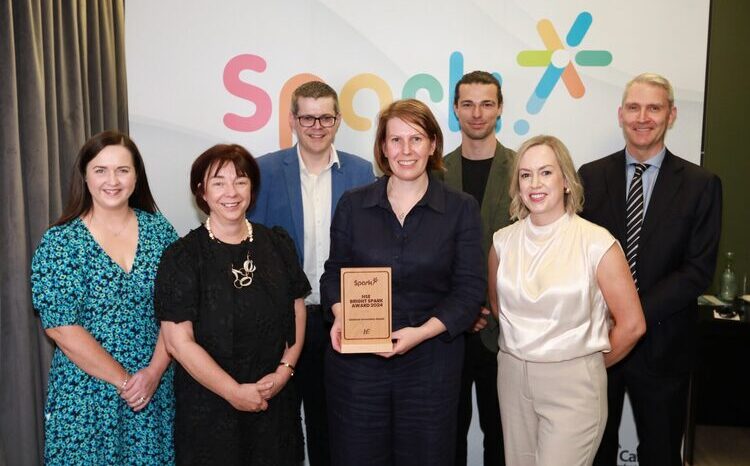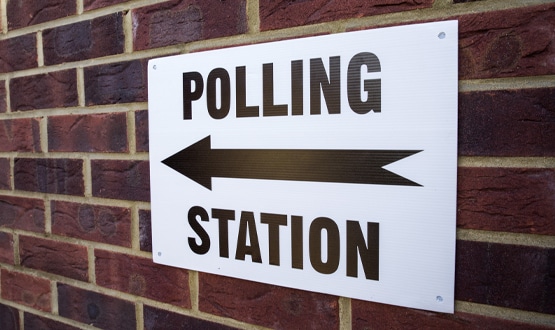‘Show me the money’ – still no national funds for GDEs
- 1 June 2017

A total of 16 global digital exemplar acute trusts have been promised £100 million in central funding to become world leaders in their use of digital health, but uncertainty continues on when the money will arrive.
One trust, Wirral University Teaching Hospital NHS Foundation Trust, has even been forced to expend its resources at risk to cover the unexpected shortfall.
An NHS England spokesman was unable to provide Digital Health News with a date on when the 16 GDEs or the seven mental health GDEs (promised £5 million each) would receive the funding.
Instead the spokesperson reiterated: “We are fully committed to the global digital exemplar programme which provides a mechanism to cultivate providers that are truly world-leading in their use of digital technologies to support the delivery of healthcare, and to develop ‘blueprints’ that will enable others to follow in a more rapid and cost effective way”.
Each trust can apply for up to £10 million in central funding that were to be matched locally, money they were to use to become paperless by 2020 and provide a blueprint for other, less digitally advanced, trusts to follow.
GDEs had been told to expect the £10 million each in November last year. In March this year, trusts were finally notified that they will not receive any of the promised £100 million investment for that financial year.
A Wirral University Teaching Hospital spokeswoman confirmed to Digital Health News it has “committed a small amount of spending, in the low £10,000s.”
“However, we have expended considerable internal resources to keep projects moving whilst we await the funding.”
In its 26 April board papers it stated: “Whilst the trust has been successful in its global digital exemplar bid as yet funding flows have not been confirmed.”
The spokeswoman said funding would be spent contibuting towards staffing, new equipment and further software for both hospital and wider community.
The continued delayed start to the prestigious GDE programme raises doubts about whether ambitious roll-out timetables are achievable. NHS England has previously indicated that it expects all GDE hospital trusts to be paperless within just three years.
Feeding this uncertainty is West Suffolk NHS Foundation Trust, another GDE. In its May board paper it stated: “The trust has still not received the anticipated £3.3 million GDE cash which was expected by the end of January and there are ongoing conversations with DH [Department of Health] to determine when this is likely to be received.”
“In response to the uncertainty [the] trust accelerated the drawdown of the capital loan by £3.3m in March.”
Its board papers went on to say that there has been some slippage on the capital plan partly caused by the uncertainty due to the cash for GDE still not being received.
West Suffolk, part of the original 12 acute GDEs, was originally expected to receive its first £3.5 million round of global digital exemplar funding in November last year, according to its October board papers.
A West Suffolk spokeswoman confirmed the delayed funding has not had any financial implications “at this stage” or caused delays to services.
“The trust was required to match fund the GDE funds and therefore we have progressed as planned with infrastructure expenditure to underpin the GDE programme.”
“No services have been required to stop as a result to the delayed funding. We are currently reviewing the milestones of when we will deliver particular new programmes as a result of the delay. At this stage the overall scope has not been reduced”, the spokeswoman said.
She explained that the GDE funds are supporting investment in infrastructure, further developments and enhancements to its electronic patient record and technological enhancements to underpin Sustainability and Transformation Plans.
Earlier this year NHS England also announced plans to spend £100 million on 20 “fast followers” to unleash a second wave of digitally advanced NHS organisations.
To achieve this the trusts would partner with one of the 16 global digital exemplars and ‘follow in their footsteps’ to become world leaders in digital health.
However, there has been no mention as to when funding will be allocated.
None of the other 14 GDEs made reference of its funding status in recent board papers.





2 Comments
More of the same shambles from the centre – GP’s are the only constant doing the actual work as promises of money are made and little appears. Has everyone forgot about 3 Million Lives, TECS, Integrated Care Pioneers .. bla bla bla .. the people at the centre have a consistent reputation of delivering very little.
Does this have a ring of tech fund V1 then V2..
Who determines the strands / themes of work and thier impact and success
Still think the greatest impact and efficiency will come if change starts regionally it’s not the tech it is process improved with blobs of interoperable tech that has the capacity to grow.
Bit weary over the hyperbole in terms world class /global .
Would the pioneers of steam locomotion claimed that on first iteration of concept.
Deliver a thing and then you get your followers.
Comments are closed.